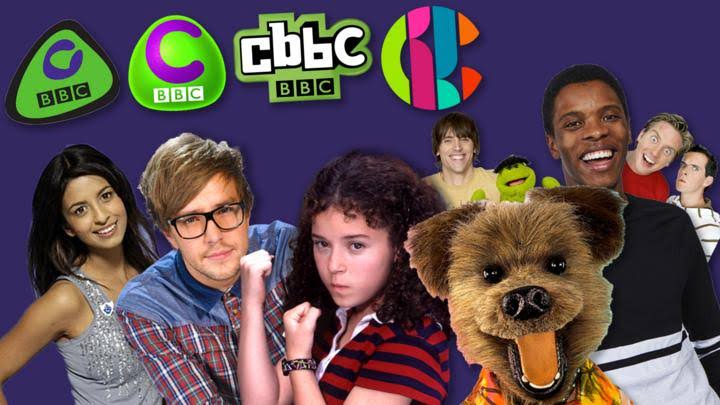The are certain things Britain does well. Old English boozers, Premier League football and some really world–class universities are all things to make the British heart beat a little faster, with patriotic pride. We should add to this list tot TV, television aimed at pre-schoolers. Unless you have a child under five, you’re unlikely to have watched much children’s TV and will have missed out of a golden era of children’s programming with genuine educational content.
Government plans to sell off C4 to the private sector and scrap the licence fee shouldn’t mean dumbing down kids TV in the process. This TV is high on educational value, and reassuringly low on political messaging, something perhaps a national broadcaster is all too aware of.
Make no mistake, we do this well – especially compared to some of the rubbish pumped out from a proliferation of streaming channels. We badly need ministers to step in to save children’s TV crown jewels in any haste to privatise British broadcasting. In a House of Commons with an average age just short of 50, it’s not a given that our representatives will pick up on this issue in the heat of debate. The mothers in the House need to act as the champions of the nation’s tots and their parents.
The BBC recently announced it will spend £50 million of licence fee cash on a year mission to find out what viewers want to see on their screens. In among this research largesse is a smaller pot of just over a million pounds aimed at ‘how children discover our content, how children find and consume media and who is influential in helping them choose’.Worryingly, it is not assumed that parents are the harbingers of choice for youth eyes and ears.
They will find a generation raised on screens, with fewer parents of pre-schoolers reading to their children everyday.Children’s TV is the great national babysitter for weary parents. As older children move over to TikTok and social media, children aged three to four watch more TV than any other group of children, spending almost 13 hours a week in front of the box. Many toddlers will try to swipe the TV screen before they learn to turn a page.
Any parent of a toddler or school–age child will tell you there is a huge amount of rubbish produced for TV addled toddlers. In fact, the BBC offering of CBeebies (aimed at toddlers and pre-school children) is exceptional by comparison with international offering and low on woke-ism. Whatever your criticism of BBC staff, they still focus on education rather than indoctrination. Shows such as ‘Maddie Explains’, ‘GoJetters‘ and ‘Octonauts‘ are top-rate educational programmes, light on woke and heavy on education.
The same can’t be said of leading streaming services. Compare the BBC output with popular streaming services and parents will spot a big difference in educational value, not to mention how preachy much of children’s TV has become. More choice means less quality.
We need to save great British children’s TV for the nation’s children. Critics of government plans to privatise C4 almost never talk about children’s TV. The recent BAFTAs was a case in point when a row broke out about protecting worthy drama. Adult telly catches the headlines, protecting children’s telly is a poor relation.
As a new culture secretary mulls over plans to sell off C4, andTory calls to ditch the licence fee get louder, we should step in with tight rules to protect the quality of children’s TV – both on the box and online. This is one area of life where a national broadcaster is a benefit to top-quality production rather than an enemy of innovation and a vibrant market. CBeebies (and its older brother CBBC) need protecting from any cuts to BBC services. We can do without a never-ending news channel and TV soaps, but these gems of children’s programming need protecting.
The modern, media-savvy toddler is not just switching on the TV, 83 per cent of six-year-olds use a tablet to watch TV.Forget the Broom Cupboard and a few hours of children’s TV. Choice has exploded in recent years. Our pre school children are online to a worrying extent, with eight in 10 watching TV online and on a tablet. The wild west of the world wide web needs a place parents can be confident will provide good quality, educational content.
Parenting is hard enough without having to second guess every moment of TV content. The march of woke telly for toddlers will continue, so a counter–balance of educational programming is needed – and we need our elected politicians to stand up for it. Perhaps some of the new parents elected to the House in recent years can remind their colleagues that if they flick beyond the Parliament channel there is great British broadcasting worth saving.
Frank Young works for a Westminster think tank and is writing in a personal capacity.


